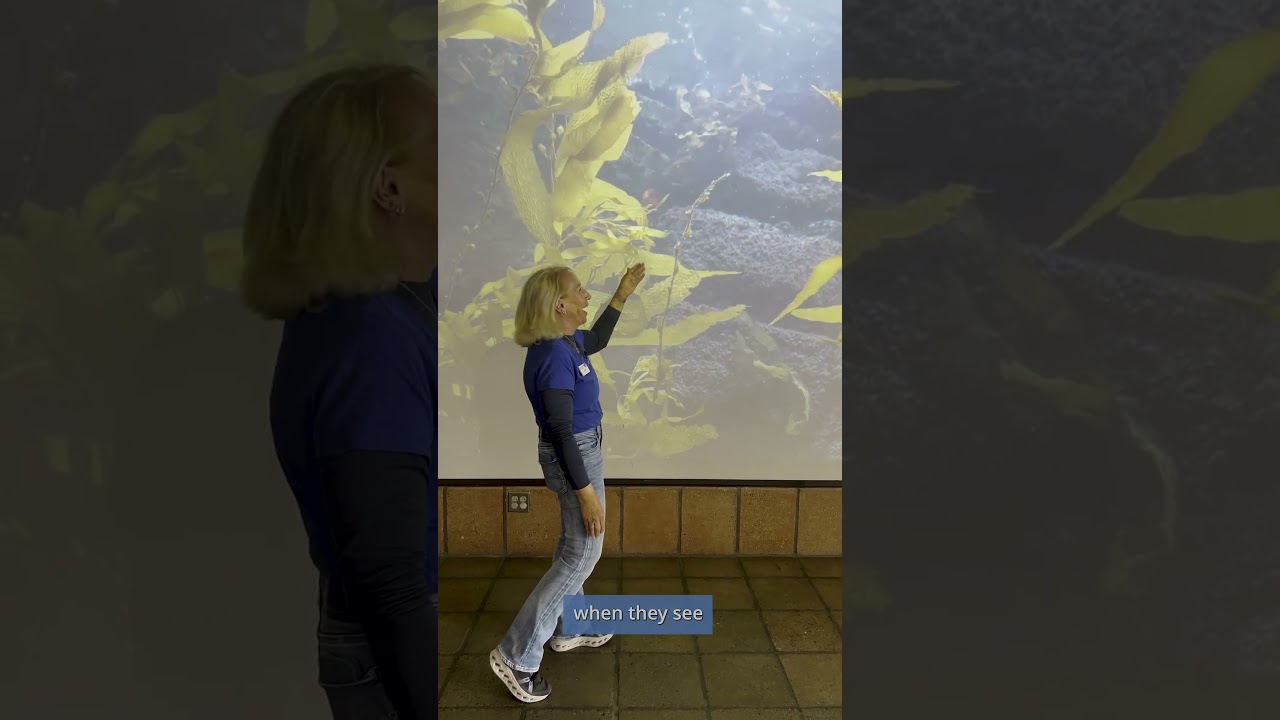- The vital role of volunteers in zoology, zoo management, and wildlife conservation.
- Innovative volunteer programs and their impact on preserving biodiversity.
- Techniques and insights into effective volunteer management and appreciation.
- Success stories of volunteer-driven initiatives in zoological settings.
- The significance of Volunteer Appreciation Week in fostering community involvement.
In the conservation world, volunteers are silent champions. Their contributions, often behind the scenes, are integral to conserving wildlife, managing zoological parks, and educating future generations. Understanding the role of volunteers is a starting point for appreciating their impact on our ecological systems.
Volunteers play crucial roles in zoology, contributing time, expertise, and passion that enhance research and conservation efforts. Scientific studies depend on data collection, monitoring wildlife populations, and analyzing ecological impacts, tasks where volunteers are indispensable. They help monitor species, contribute to research, and assist in data analysis, easing the workload on professionals. In laboratories, volunteers track genetic data or manage intricate databases, forming the backbone of many research programs.
Zoo management also benefits significantly from volunteer assistance. Volunteers offer a wide range of skills, from direct animal care to educational outreach. Their flexibility allows zoos to operate seamlessly, managing tasks that range from feeding animals to guiding visitors through educational programs. This engagement is crucial in fostering a connection between the public and the natural world. The presence of informed volunteers in educational roles enhances visitor experience and promotes understanding of wildlife conservation issues.
Volunteers are indispensable in wildlife conservation, engaging directly in habitat restoration, species monitoring, and public education. For instance, in reforestation projects, volunteers plant trees, assess growth progress, and monitor ecological impacts. Their involvement is often pivotal in endangered species recovery programs, where they monitor nests, track animal movements, or even participate in breeding initiatives under expert supervision.
Volunteer programs are always developing, tailoring their efforts to suit the conservation needs of different environments. Innovative programs have transformed how we approach biodiversity preservation. Citizen science initiatives invite volunteers to participate in data collection and analysis, bringing vast amounts of data into play. These programs democratize scientific research, allowing people from diverse backgrounds to contribute valuable insights. For instance, birdwatcher-based projects collect data integral to understanding migratory patterns affected by climate change.
Volunteer management within these programs demands strategic planning to maximize impact. Effective management begins with clear communication. Volunteers need concise goals and training tailored to their task’s complexity, preparing them for their roles. Supervision should provide support while allowing autonomy to encourage innovation and personal growth. Regular feedback, coupled with acknowledgment of contributions, fosters an environment conducive to sustained volunteer engagement.
Appreciation is equally important, signaling to volunteers that their efforts are valued and impactful. Celebrations such as Volunteer Appreciation Week recognize these contributions, building morale and motivating continued participation. Awards, public recognition, and personal thank-you notes during this week can significantly enhance volunteer retention and recruitment.
Some of the most successful volunteer initiatives arise from clear goals. For example, the Save the Frogs initiative leverages volunteer enthusiasm to restore amphibian habitats and educate the public. Their methods combine habitat restoration with community outreach, empowering individuals to take ownership of local conservation efforts. As a result, they have achieved measurable success in increasing frog populations and fostering public support for amphibian preservation.
Similarly, the American Zoo and Aquarium Association’s FrogWatch USA program trains volunteers to monitor amphibian populations, contributing to a nationwide database. This program emphasizes volunteer training, ensuring participants are equipped with the necessary identification skills and ecological understanding. Their findings contribute to larger conservation strategies by identifying population trends and informing habitat management plans.
Volunteers also play critical roles in community-based conservation. Projects like the Project AWARE Foundation mobilize volunteers to reduce ocean litter and promote marine conservation. By engaging divers and snorkelers in cleanup efforts and educational campaigns, the initiative has successfully removed debris and heightened awareness about marine pollution.
Volunteer Appreciation Week is a significant event in the calendar of zoological and conservation organizations. It serves as a poignant reminder of the collective power of individual actions toward environmental stewardship. By encouraging community involvement, these celebrations not only acknowledge the invaluable contributions of volunteers but also inspire future generations to engage in conservation efforts.
In conclusion, the harmony between volunteers and zoological management underscores the advancement of conservation objectives. Whether through direct action, data collection, or educational outreach, volunteers add value across the board. Their contributions are vital, their passion irreplaceable, forming the cornerstone of biodiversity protection and environmental education. Recognizing this during Volunteer Appreciation Week cultivates an appreciation for their indispensable role in safeguarding nature’s legacy for future generations.
*****
Source Description
Meet Carol, one of our Greeter Volunteers who helps guests feel at home at Birch Aquarium! From sharing fun things happening at the aquarium that day to answering all your questions, Carol and all our incredible volunteers make every visit unforgettable. Stay tuned as we highlight more friendly faces that make our aquarium shine! #VolunteerAppreciationWeek #ThankYouVolunteers


